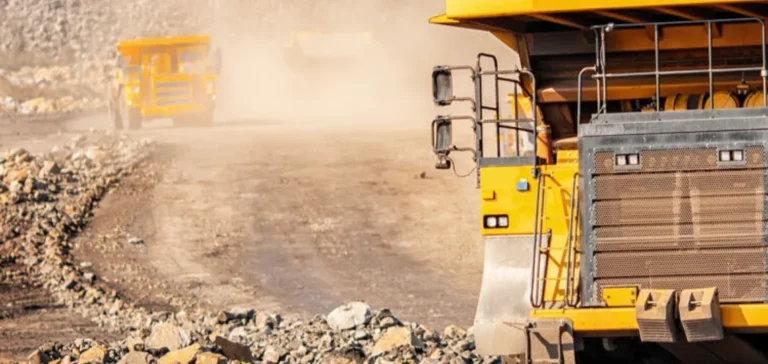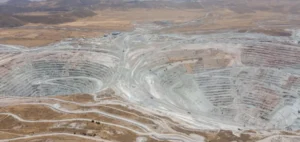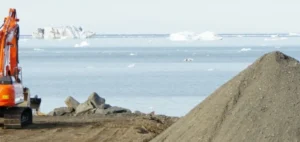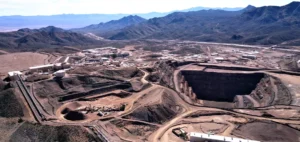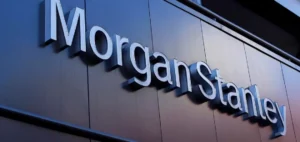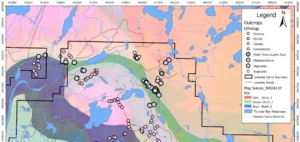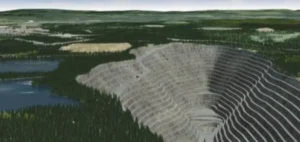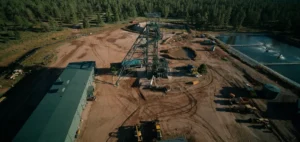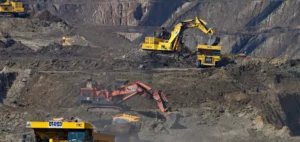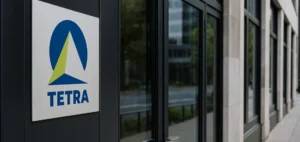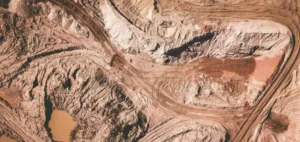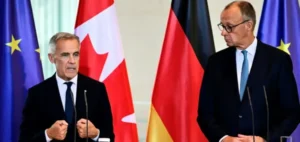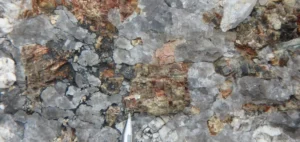The Consolidated Mining Standard Initiative (CMSI), which brings together The Copper Mark, the International Council on Mining and Metals (ICMM), the Mining Association of Canada (MAC), and the World Gold Council (WGC), announced the launch of the final phase of public consultation on its consolidated mining standard. The consultation, open globally since 8 October, will run until 17 November. It aims to collect feedback from stakeholders across the mining value chain on the standard, its associated assurance process, and the policy governing claims.
A single framework for the mining sector
The consolidated standard merges the requirements of four existing frameworks into a unified and operational reference. Its objective is to reduce regulatory fragmentation in the mining sector and provide a clearer structure for companies operating from extraction to refining. This framework is intended to encourage broader adoption as a credible global benchmark for companies seeking to meet growing compliance and transparency expectations.
The documents are available in eight languages, including Arabic, Russian, Japanese, and Brazilian Portuguese. They are accessible via an independent portal, allowing stakeholders – companies, institutional representatives, Indigenous groups, and civil society organisations – to submit comments on the final draft. The process is governed by the ISEAL Code of Good Practice, ensuring a structured approach to collecting contributions.
Broad and multi-channel consultation process
During the consultation period, CMSI partners will organise several open webinars, direct briefing sessions, and targeted meetings with various stakeholder profiles. The approach aims to include feedback from a broad range of actors, particularly those in regions directly affected by mining activities. Specific consultations are planned with Indigenous peoples and their representative organisations.
An initial consultation phase was held between October and December 2024, involving 192 contributors from 25 countries. It generated nearly 4,700 individual comments. Responses to this feedback were published in summary reports available on the CMSI portal, reinforcing the transparency of the finalisation process.
New governance for final validation
The governance structure is also evolving. The board of The Copper Mark is being reorganised to include an independent multi-stakeholder committee. This new board will be solely responsible for approving the consolidated standard, the assurance process, and the claims policy. The appointment of an independent chair and board members is expected ahead of the official launch.
CMSI has indicated that the final version of the standard is scheduled for release in the first half of 2026. This unified framework is expected to harmonise practices within the strategic mining sector and provide oversight for companies’ public commitments at the international level.


